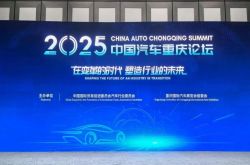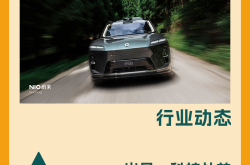AI Apps Seek Pre-Installation? Phone Manufacturers Hesitate, Fearing Entry Point Loss
![]() 07/29 2025
07/29 2025
![]() 645
645
AI apps are poised to become the next generation of "CarPlay" in mobile technology.
It's ironic that even in the age of AI, emerging AI applications, often heralded as the "future of technology," still rely on "pre-installation" to gain traction. Recently, Perplexity, a company specializing in generative search, was revealed to be lobbying Android phone brands to pre-install its AI browser, Perplexity Comet, onto new phone systems, aiming to capture the initial entry point for AI terminals.
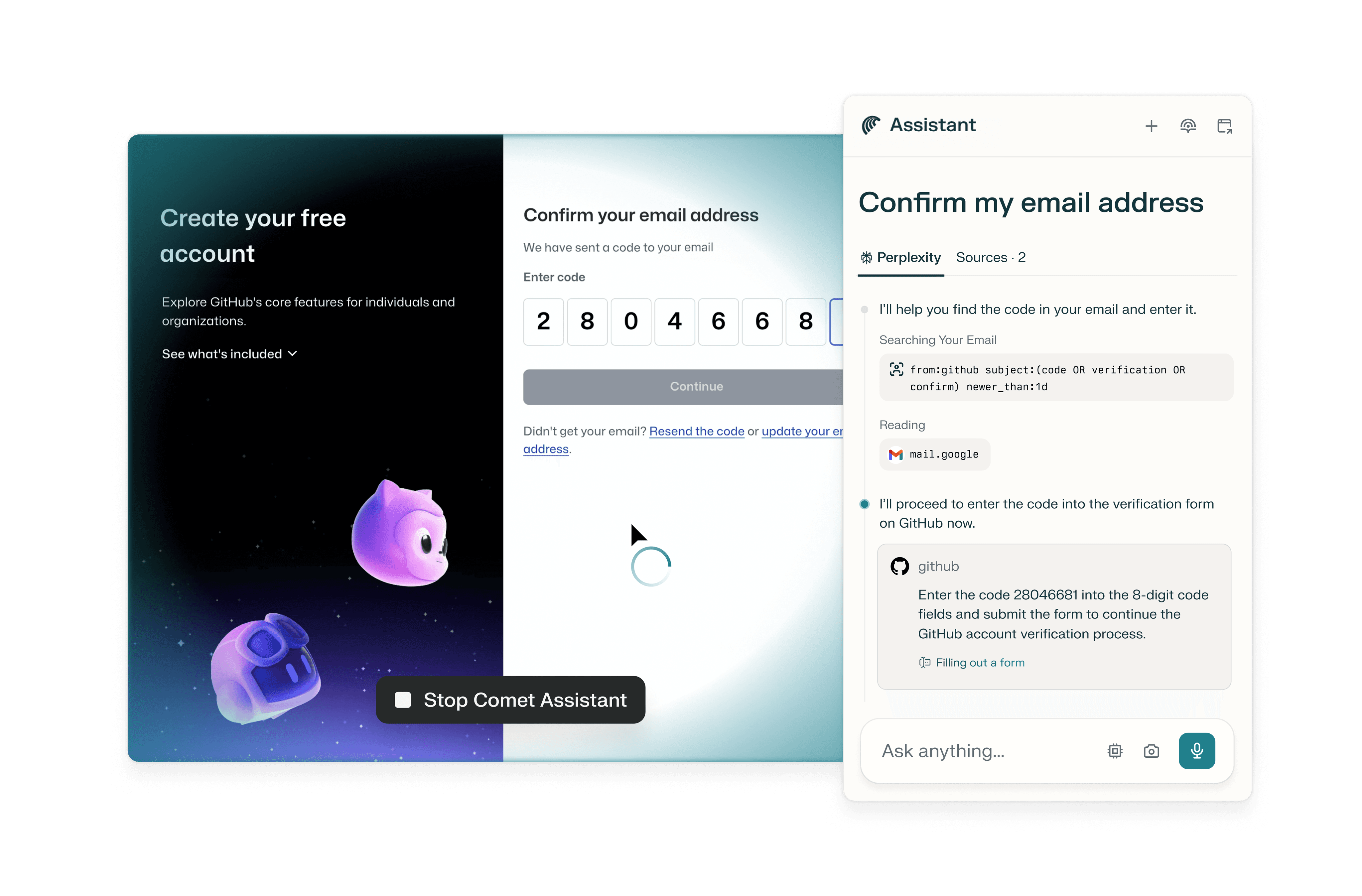
Image source: Perplexity Comet
However, phone manufacturers are unlikely to embrace this "inviting a wolf into the house" approach: In the era of AI phones, whether it's domestic brands like Xiaomi and OPPO or international ones like Samsung and Google, they all aspire to use their phones as AI entry points, "capturing" all user AI interactions within their controlled content ecosystems. Even Apple, which lags behind in AI, understands the importance of keeping core data and models in-house, only sending a minimal number of requests to external AI providers like ChatGPT.
In this context, who would willingly hand over the core of their AI battleground – the browser entry point – to an external AI supplier they do not control?
Yet, let's consider it from another angle. Although Perplexity Comet's attempt ultimately failed, from an industry development perspective, its "aggressive" move unveiled the inevitable challenges faced by the current AI hardware industry: the supply-demand tug-of-war between AI suppliers and AI hardware providers.
On the surface, the relationship between AI app developers and phone manufacturers is a straightforward supply-demand one: one party possesses advanced large models and interaction technologies, while the other controls user entry points and hardware terminals. Collaboration between the two seems mutually beneficial and win-win, a natural progression. However, reality is far more intricate.
Taking Perplexity as an example, from Perplexity's perspective, phone manufacturers provide the hardware platform, while it supplies the AI capabilities; there's no direct conflict. If the Comet browser is pre-installed on phones, users will naturally adopt it as their primary search and Q&A entry point, fostering a virtuous cycle of interaction data and market share growth.
The issue is that phone brands view it entirely differently.
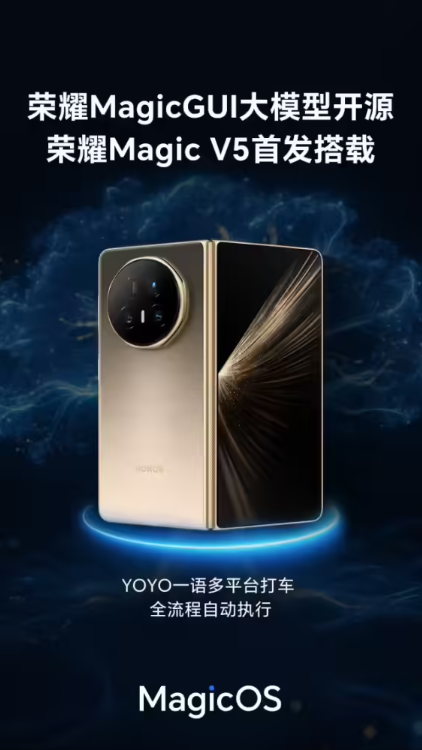
Image source: Honor
Domestic manufacturers like Xiaomi, vivo, and OPPO have been vigorously developing their own large models in recent years – such as Xiaomi's MiMO, vivo's BlueCore, and Honor's MagicGUI – and these models are gradually being integrated into core entry points like search, voice assistants, input methods, and even system settings. Pre-installing Perplexity isn't an added benefit but rather undermines the foundation of these brands' AI strategies.
Even Samsung, which wasn't initially aggressive towards AI, has found a rhythm in binding Galaxy AI with Google Gemini; Google itself has extended Gemini to all Android system levels. In this backdrop, Perplexity's proposal to "make the AI browser the default entry point" is akin to asking phone manufacturers to relinquish control – this is undoubtedly not cooperation but more like a "takeover".
Furthermore, the core competitiveness of AI lies not just in technology but also in data. Whoever controls user interaction data can train models faster and understand scenarios more precisely. Phone manufacturers have long realized that even if their models initially lag behind external ones, as long as they retain the data, there's still a chance to turn the tables in the future. Once entry points are dominated by external AI, this possibility dwindles rapidly.
Thus, on the surface, it seems like "AI apps seeking distribution channels," but essentially, it's external apps sidelining system AI and competing for user interaction methods.
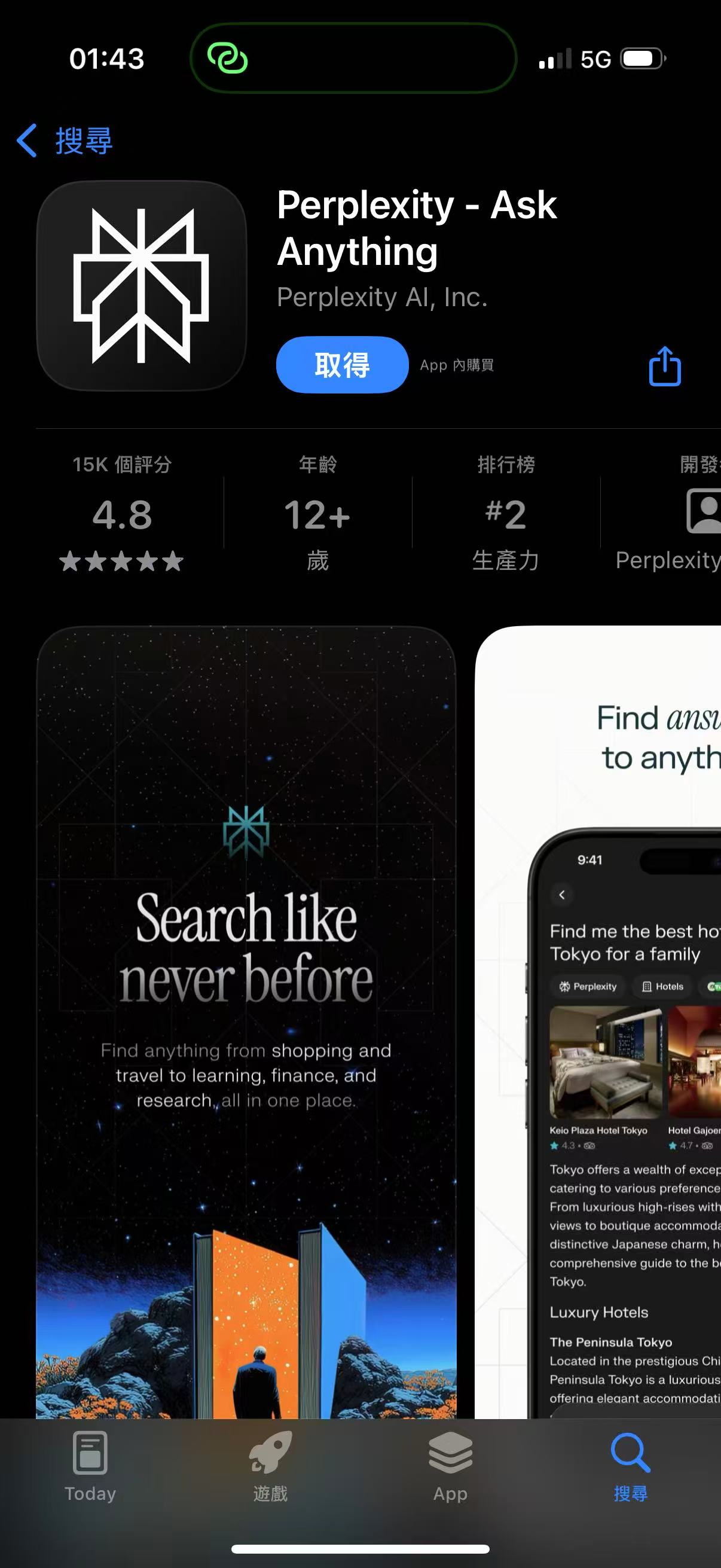
Image source: Lei Technology
But the conflict isn't just on the manufacturer's side. For AI suppliers, the mobile terminal is an indispensable main battlefield: phones are the terminals with the most frequent user interactions and richest data. And currently, operating systems are still in the hands of phone manufacturers. If AI apps want to break through the blockade, they must cut in through external means, such as plugins, standalone apps, or direct pre-installation into the system.
However, today's phone manufacturers have long transformed from "channels" to "ecosystem operators," and the cooperation logic of driving sales through content and exchanging pre-installation for advertising revenue is no longer applicable.
Reading this far, one might feel a sense of "déjà vu": in the past, when capabilities were insufficient, external suppliers were needed to "save the day," and data wasn't a priority; but now, user data and user ecosystems are crucial, so brands have begun exerting their own efforts and no longer rely on external suppliers...
Indeed, in Lei Technology's view, this is the "CarPlay moment" for AI phones.
The reason CarPlay quickly gained favor among automakers back then was ultimately due to the low level of in-car infotainment system intelligence and poor user experience. Apple used CarPlay to provide traditional automakers with limited capabilities a comprehensive solution encompassing voice navigation, music, and maps. It seemed like an "experience bonus" but actually grasped the key entry points and user data, firmly binding users to the iOS ecosystem and sidelining automakers.
With the advent of the smart car era, automakers have realized that CarPlay isn't just a helper but is "taking over" user interactions and data assets. So they began collectively abandoning CarPlay, building their own OS, voice assistants, and cockpit systems to construct a closed loop of intelligent experiences they can control; the cool reception of CarPlay Ultra is the most intuitive manifestation of this.
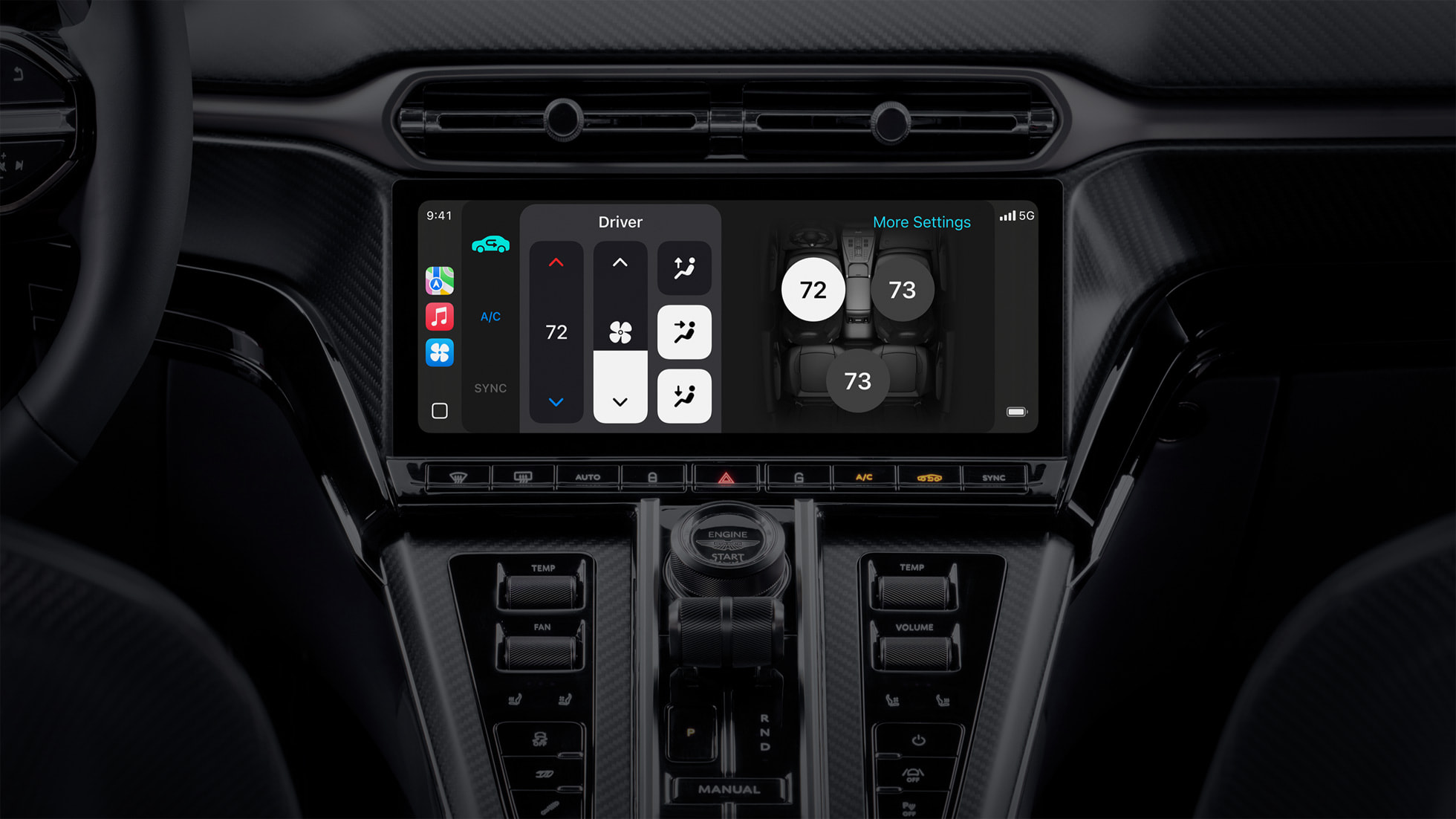
Image source: Apple
In Lei Technology's view, the same scenario is unfolding in the AI phone category:
In the past, phone manufacturers lacked AI capabilities and needed to rely on external models to enhance the user experience; now, each phone brand has launched a system-level large model, with enhanced control and capabilities (except for iPhone, which is still drawing a "liquid glass" pie in the sky). And external AI apps like Perplexity, once they attempt to deeply occupy entry points through pre-installation, default browsers, etc., will meet the same fate as CarPlay Ultra – they are no longer seen as "helpers" but "power strugglers".
Faced with this situation, phone manufacturers will undoubtedly choose to go it alone and control their data. After all, whoever controls the entry points controls the users and the long-term commercial value.
If Perplexity wants to cut in through pre-installation, it's to occupy the starting point of user interaction with AI. What phone brands truly refuse isn't the identity of "outsiders" but the intention behind it – the transfer of definition rights.
In the early stages when system capabilities are still developing, external AI apps may seem to merely complement functions. But once they become the starting point for high-frequency user interactions, they will naturally take over the source of answers, the organization of information, and even users' cognitive structures regarding overall AI capabilities in the future. And this is the bottom line that manufacturers will not tolerate:
It's not whether you can do AI but whether you can't represent us to define the user experience.
In other words, what Perplexity aims to compete for is the browser entry point, but essentially, it's proposing a new ecological model centered around its own capabilities to shape user behavior habits – if allowed to be pre-installed, then in the future, when users encounter problems, who they turn to, who they trust, and who they remember will no longer be the phone system.
WeChat has been dubbed the "country within a country" of iOS for years, isn't it because it has sidelined the core app distribution channel of iOS, established its own mini-program ecosystem, and controls tens of thousands of mini-program entry points?
In the AI era, making users "unable to do without you" is paramount.
AI apps, AI hardware, AI browsers, AI search, pre-installation
Source: Lei Technology
Images in this article are from: 123RF genuine image library Source: Lei Technology



